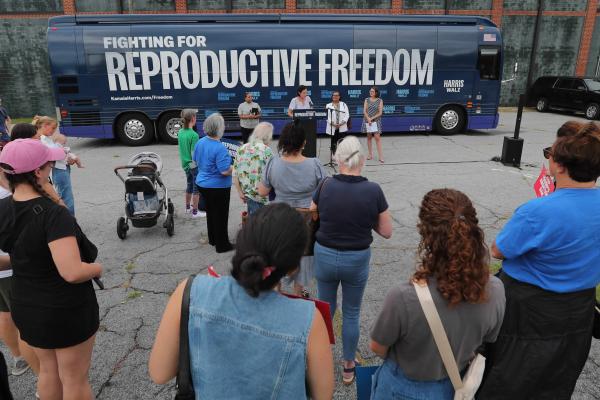Oct 10, 2024
For several years, I pastored a small church in the Northwest Bronx. In the summer of 2022, the church leadership decided to dedicate one Sunday a month to do a service project where we engaged in direct political action. It was the summer when Roe v. Wade was overturned, and we focused our attention on reproductive justice. Instead of simply looking at reproductive justice as a pregnant person’s right to receive an abortion, we started thinking of it in broader terms: a better family welfare system in the U.S., honoring the bodily autonomy of birthing people, and taking steps toward improving the material conditions of Black and brown children in the Bronx through mutual aid, collective care, political education, and political solidarity.
Read the Full Article

Already a subscriber? Login
